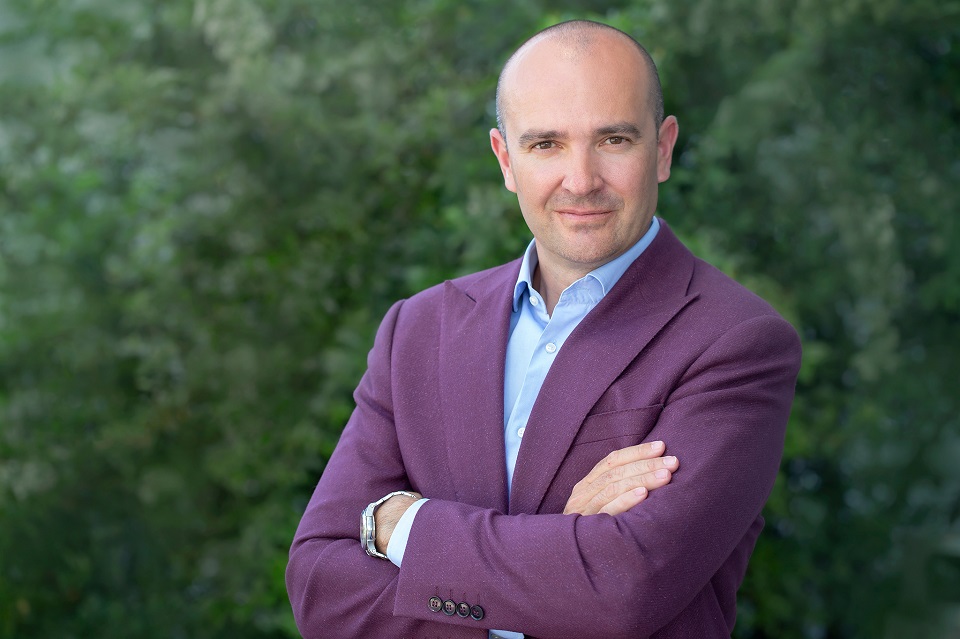Clean Recycle: 8 out of 10 waste thrown randomly by tourists on the seaside is plastic

- 85% of the waste found on the beaches on the Romanian coast is made of plastic, according to official data
- Plastic also predominates among the waste found in the water of the Black Sea.
- The plastic waste found was: PETs, bags, sacks, linoleum, buckets and cans.
Hundreds of thousands of tourists spend their summer vacations on the Romanian coast every year, and a significant amount of waste remains behind them, of several tens of tons, according to the data of the centralized Clean Recycle* authorities. Thus, 85% of the waste discovered on the most crowded beaches in Constanța county is plastic, the rest representing metal, glass/ceramic, rubber, paper/cardboard, textile and processed wood waste. And the amounts are increasing year on year, according to the analysis.
A large part of the waste that is not selectively collected in special bins ends up in the Black Sea water. Plastic also dominates the amount of floating waste found in water, at 89%, according to public data. The most plastic waste discovered by the authorities both on the beach and in the water were: PETs, bags, sacks, linoleum, buckets and cans.
“If it is not collected, and then recycled and recovered, plastic can be harmful to the environment. A PET decomposes in about 500 years and can affect the marine fauna, but also each of us, through the food chain”, declares Cosmin Monda, founder and CEO of Clean Recycle.
The recommendation of the Clean Recycle specialists for tourists is that, when they go to the beach, they should have bags with them in which to collect the waste, which they can then take to the special collection points, thus minimizing the amount of packaging or other waste on the beaches. Romania, in the penultimate place for recycling in the EU In order to achieve the recycling objectives, which Romania has missed so far, the amount of selectively collected waste must be increased.
Our country currently has a recycling rate below 50%, according to Eurostat. From 2023, the targets increase to 65%, and from 2025 to 70%. In this sense, the collection infrastructure must be improved throughout the country, and intensive awareness and information campaigns are also needed, Clean Recycle specialists appreciate. Plastic packaging reached a total volume of 15.4 million tons in 2019, being the second most important packaging material in the EU. The figure is increasing by 26.4% compared to 2009, according to the Eurostat barometer. Clean Recycle is one of the top 5 players in the local market for the transfer of responsibility for packaging waste (OIREP). Clean Recycle manages a portfolio of over 700 companies that produce and market packaging waste, active throughout Romania, from fields such as FMCG and retail, agribusiness, automotive, distribution, industrial production, pharmaceuticals, etc.














